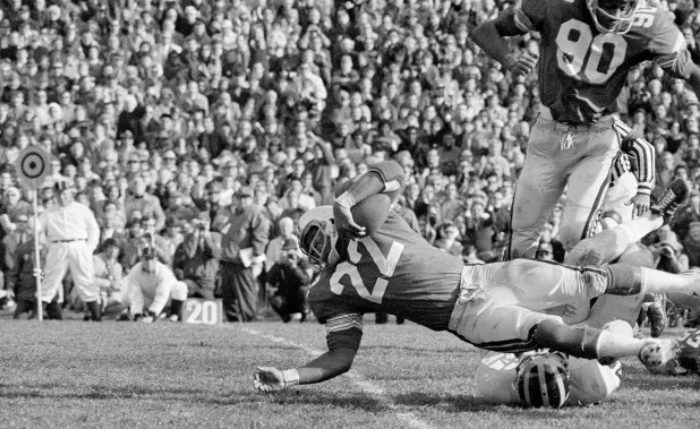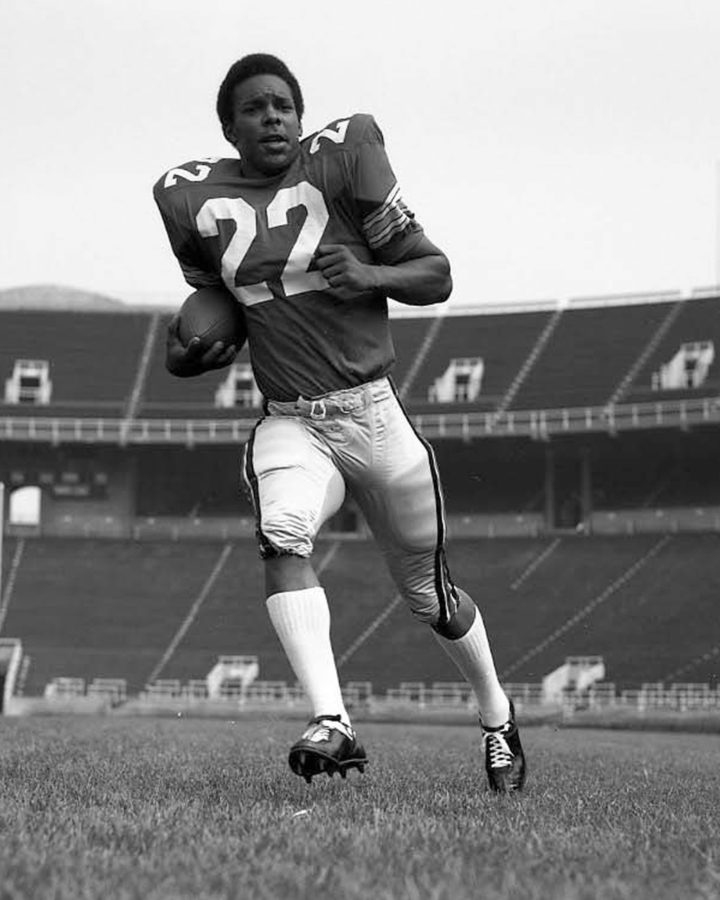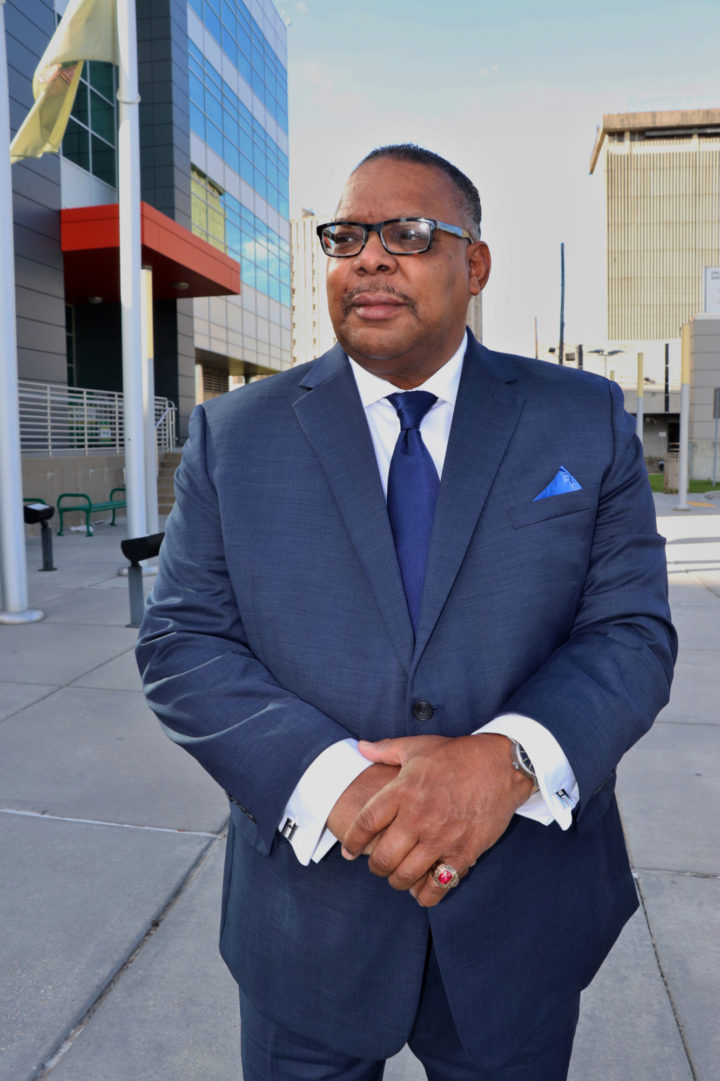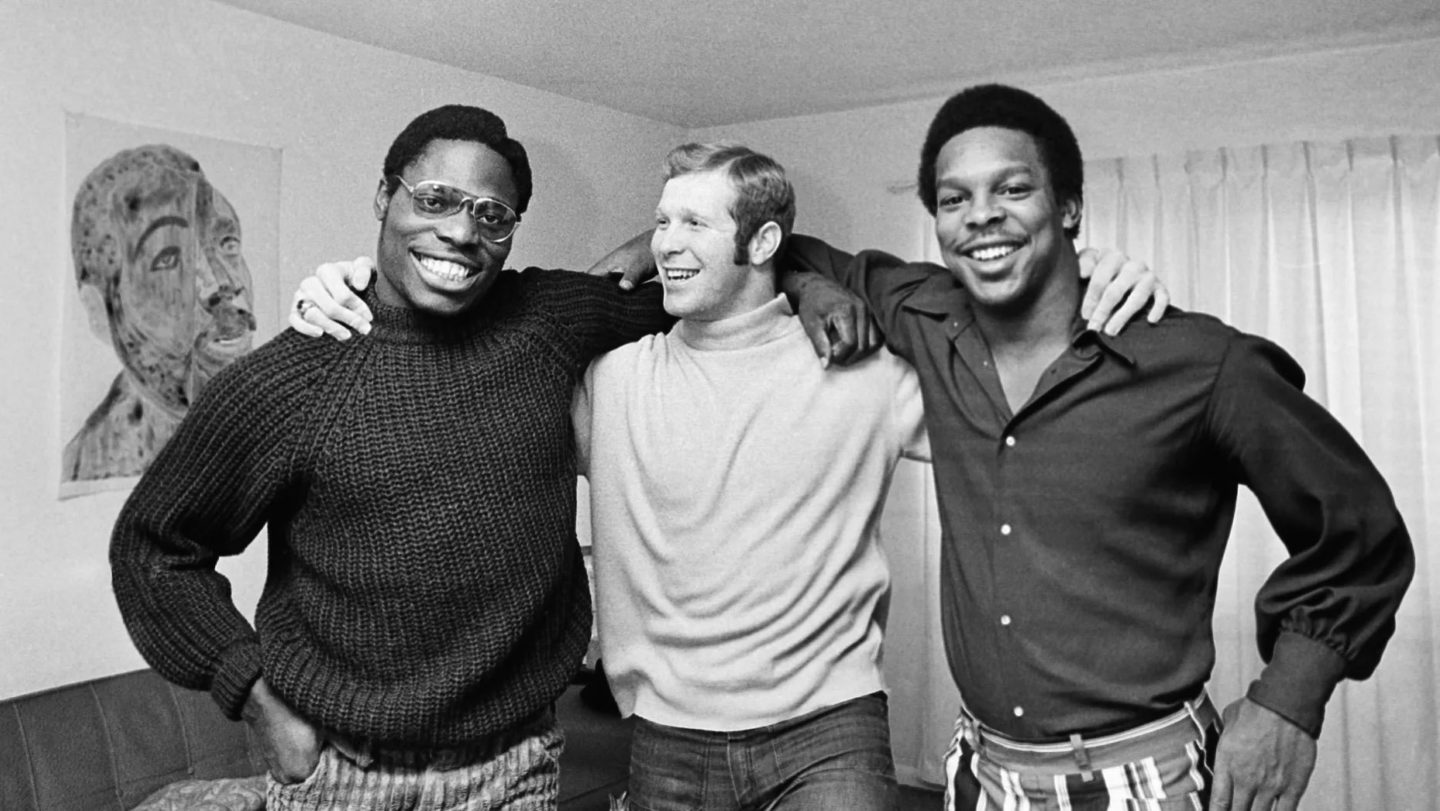Hayden’s NFL career ended in 1973 when addiction and mental health battles disrupted his football career indefinitely. After decades of hardship and cyclical life disruptions, he now dedicates his life to sharing his journey and struggles to help current and Former Players get the help they need.
Unlike today where Hayden sees both current and Former Players as having an outlet to get support for both addiction and mental health struggles, he felt like there was nowhere for him to turn fifty years ago to get productive help. “We didn't have these types of services available to us at the time, and we were afraid to say anything about it or do anything about it,” he recalled, “so the best thing to do was to keep it to yourself."
When Hayden heard about what The Trust had to offer in terms of mental health services, he knew he needed to reach out. Immediately, he felt understood and supported by his Program Manager. “For me, talking to somebody that made me feel comfortable and who treated me like I was somebody allowed me to put my trust in The Trust.”




